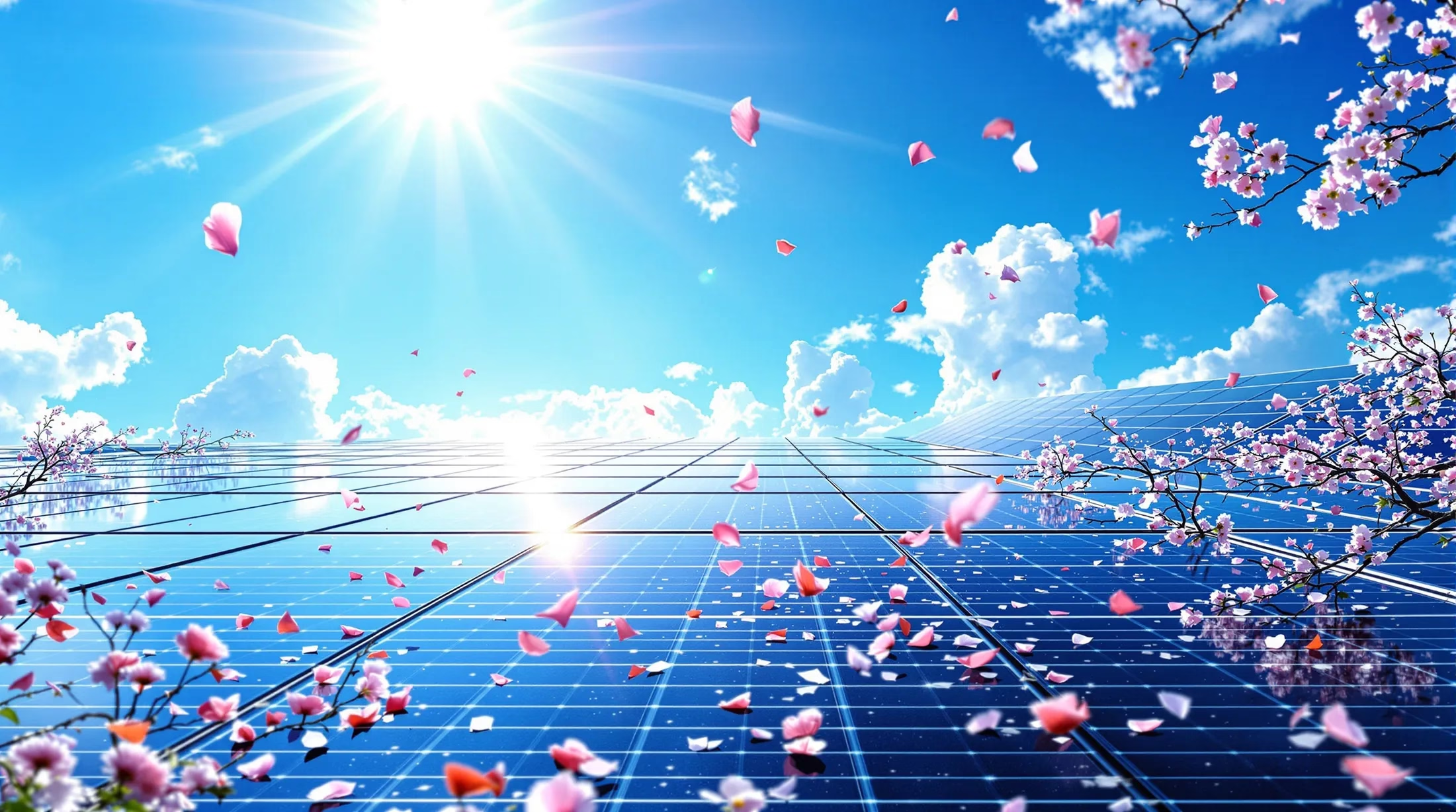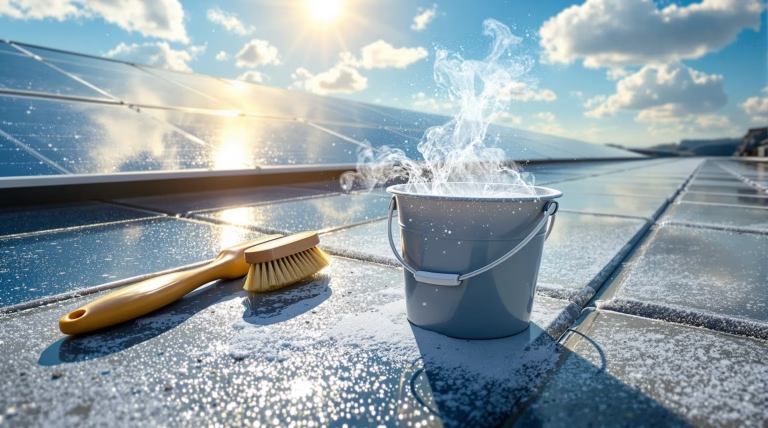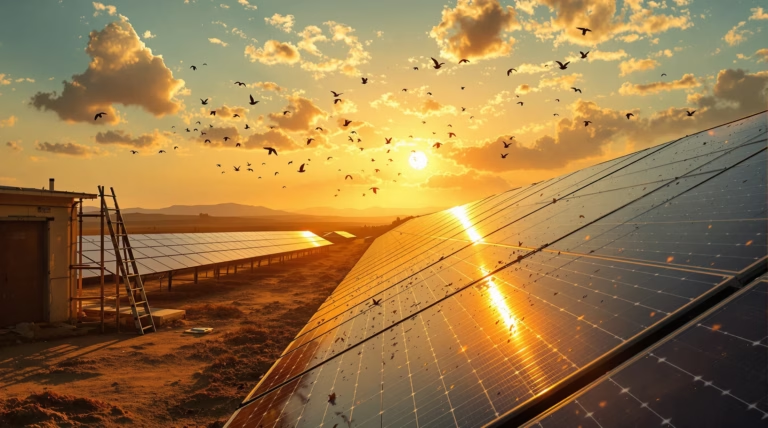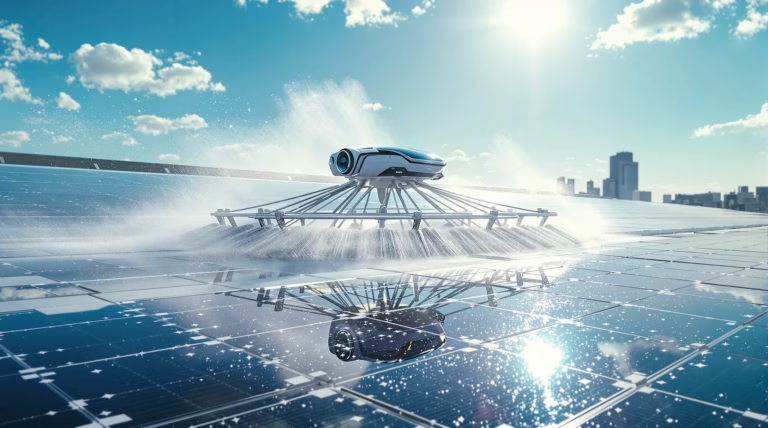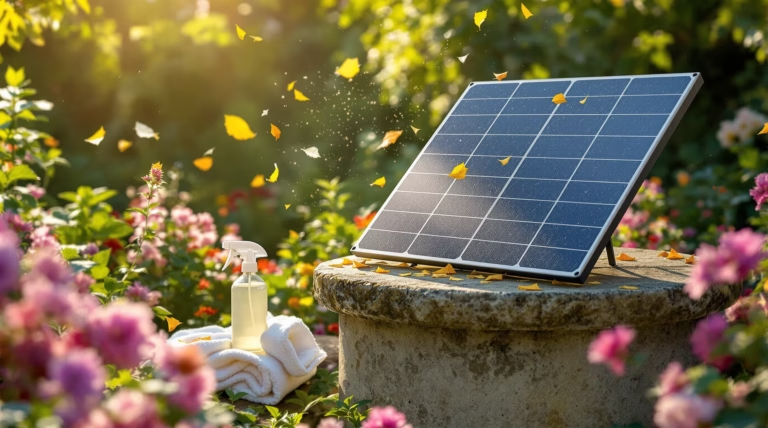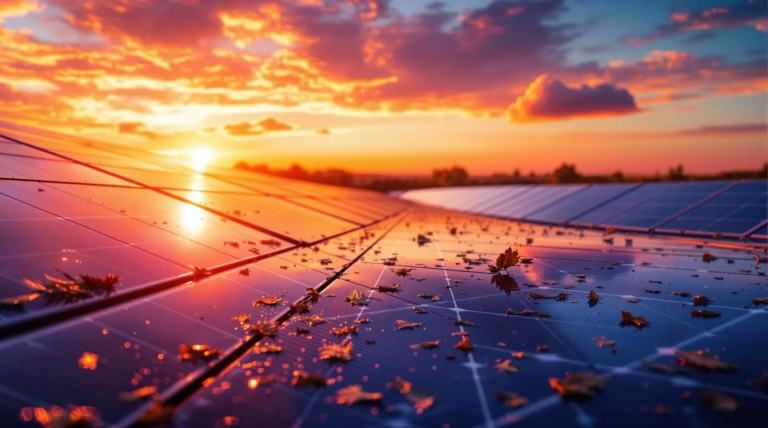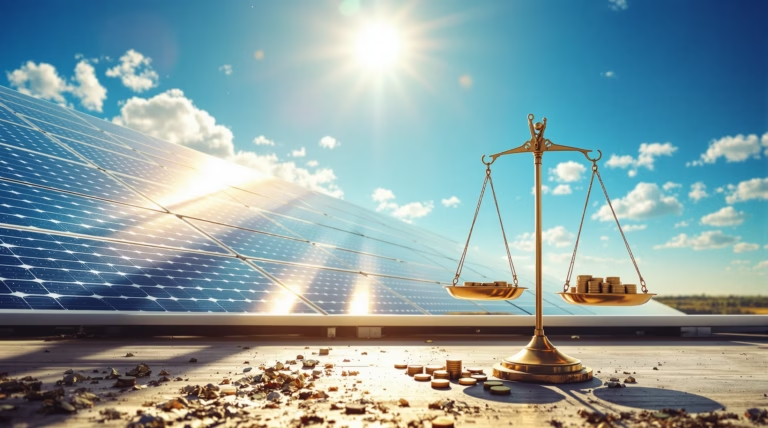Clean Solar Panel: Effective Methods for Optimal Performance
Investing in solar panels is a significant step towards sustainable energy, but their effectiveness relies heavily on proper maintenance. Understanding how to keep your solar panels clean can dramatically impact their performance and your return on investment. Let’s explore the essential aspects of solar panel maintenance and cleaning techniques.
Why Clean Solar Panels are Essential for Optimal Performance
Solar panels require regular maintenance to maximize energy production and ensure system longevity. When contaminants like dirt, dust, pollen, and bird droppings accumulate, they create a barrier that blocks sunlight from reaching photovoltaic cells, significantly reducing energy output.
- Dirty panels can lose 15-25% efficiency
- Regular cleaning prevents potential surface damage
- Clean panels ensure consistent energy generation
- Maintenance extends system operational lifespan
- Improves return on investment through optimal performance
Impact of Dirt and Debris on Solar Panel Efficiency
| Contamination Type | Potential Efficiency Loss |
|---|---|
| Light dust layer | 5% |
| Heavy pollution/pollen | 20-30% |
| Middle East soiling | Up to 50% |
| US average annual loss | 7% |
Benefits of Regular Solar Panel Cleaning
Regular maintenance delivers multiple advantages beyond improved efficiency. Clean panels typically generate 20-30% more energy than neglected ones, directly impacting your return on investment. This increased generation can result in substantial annual energy cost savings, depending on your system size.
Effective Methods for Cleaning Solar Panels
Proper cleaning techniques are crucial for maintaining solar panel efficiency without causing damage. The most effective methods include:
- Soft brush/sponge cleaning with mild soap solution
- Low-pressure hose rinsing for light debris
- Specialized solar panel cleaning solutions for stubborn deposits
- Professional cleaning services for complex installations
- Deionized water systems for streak-free results
DIY Solar Panel Cleaning Techniques
For those choosing to clean their solar panels themselves, follow these essential steps:
- Clean during early morning or evening when panels are cool
- Use lukewarm water with mild, non-abrasive soap
- Apply solution with soft sponge or microfiber cloth
- Gently clean in circular motions
- Rinse thoroughly with clean water
Professional Solar Panel Cleaning Services
Professional services offer specialized equipment and expertise, particularly valuable for complex installations. These services typically include system inspections, advanced cleaning techniques, and often utilize drone technology for thorough assessment. While more costly than DIY approaches, professional cleaning ensures optimal results and can identify potential issues before they become serious problems.
Choosing the Right Cleaning Tools and Products
Effective and safe solar panel cleaning requires appropriate tools and products. The essential cleaning kit components include:
- Soft-bristle brush with extendable handle for safe reach
- High-quality squeegee with soft rubber blade
- Microfiber cloths for non-abrasive cleaning
- Mild, non-abrasive soap solution
- Commercial solar panel cleaning solutions (for stubborn dirt)
When selecting cleaning solutions, prioritize gentle formulations. Plain water or water with mild soap typically suffices for regular maintenance. For tougher cleaning tasks, specialized solar panel solutions effectively dissolve stubborn contaminants while protecting panel surfaces.
| Avoid These Items | Potential Damage |
|---|---|
| Ammonia-based glass cleaners | Damages anti-reflective coating |
| Abrasive powders | Scratches panel surface |
| High-pressure washers (>40 PSI) | Physical damage, void warranty |
| Scrubbing pads | Surface scratches |
How Often Should You Clean Your Solar Panels?
Solar panel cleaning frequency varies based on environmental conditions. While annual or bi-annual cleaning is generally recommended, your specific situation may require adjustments. Performance monitoring systems can help identify when cleaning is necessary, particularly when energy production drops unexpectedly.
Factors Influencing Cleaning Frequency
- Geographic location and climate conditions
- Proximity to pollution sources (highways, factories)
- Panel installation angle
- Nearby vegetation
- Local weather patterns
- Coastal location (salt spray exposure)
Seasonal Considerations for Solar Panel Cleaning
| Season | Primary Challenges | Recommended Actions |
|---|---|---|
| Spring | Pollen, bird activity | End-of-season thorough cleaning |
| Summer | Dust, rapid water evaporation | Early morning cleaning |
| Fall | Leaves, seeds, bird migration | Pre-winter maintenance |
| Winter | Snow accumulation, shorter days | Monitor snow levels, careful removal |
Safety and Environmental Considerations in Solar Panel Cleaning
Safety must be prioritized during solar panel maintenance. Essential safety measures include:
- System deactivation before cleaning
- Working with a safety partner
- Using extension tools for ground-level cleaning
- Wearing appropriate safety gear (rubber-soled shoes, harness)
- Professional services for difficult-to-access installations
When roof access is unavoidable, use proper safety equipment and consider weather conditions. Professional cleaning services often provide the safest solution for challenging installations, ensuring both optimal performance and personal safety.
Safety Tips for DIY Solar Panel Cleaning
When cleaning solar panels yourself, start by turning off the entire system according to manufacturer guidelines to eliminate electrical risks. Schedule cleaning during early morning or evening hours when panels are cool to avoid thermal shock from applying cool water to hot surfaces.
- Use extension tools with soft brush attachments for ground-level cleaning
- Ensure ladder placement on solid, level ground with a spotter
- Wear appropriate protective equipment (non-slip footwear, gloves, safety harness)
- Avoid cleaning during adverse weather conditions
- Keep cleaning tools and water away from electrical components
- Consider professional services for difficult-to-access panels
Never attempt cleaning during rain, high winds, or when frost is present, as these conditions significantly increase slip hazards. Maintain a safe distance between water sources and electrical components, junction boxes, and wiring to prevent short circuits or electrical shocks.
Environmental Impact of Cleaning Products
| Cleaning Option | Environmental Impact | Effectiveness |
|---|---|---|
| Plain Water | Zero environmental risk | Suitable for routine cleaning |
| Biodegradable Soaps | Minimal impact | Effective for normal dirt |
| Commercial Cleaners | Potential ecosystem harm | Best for stubborn grime |
To minimize environmental impact, consider these sustainable practices:
- Use biodegradable, phosphate-free soaps specifically formulated for solar panels
- Implement spot cleaning for visibly soiled areas only
- Collect rainwater for panel maintenance
- Choose durable, reusable cleaning tools made from sustainable materials
- Avoid chemical cleaners that could harm local ecosystems

